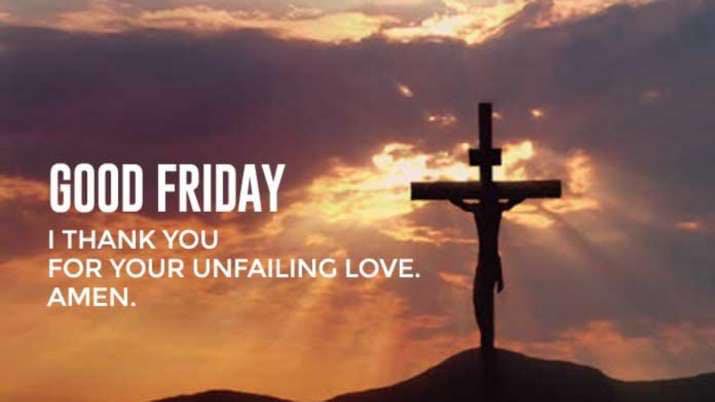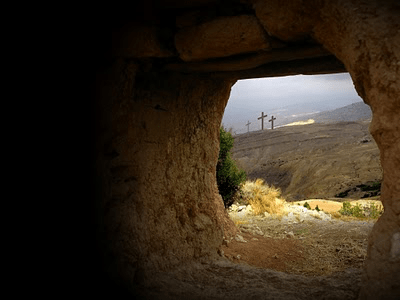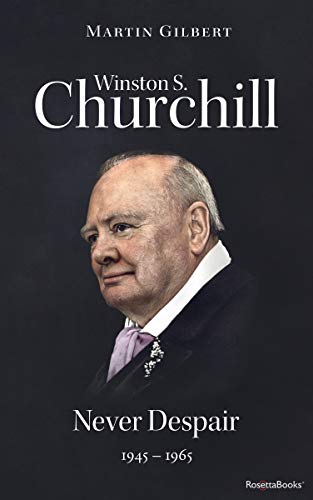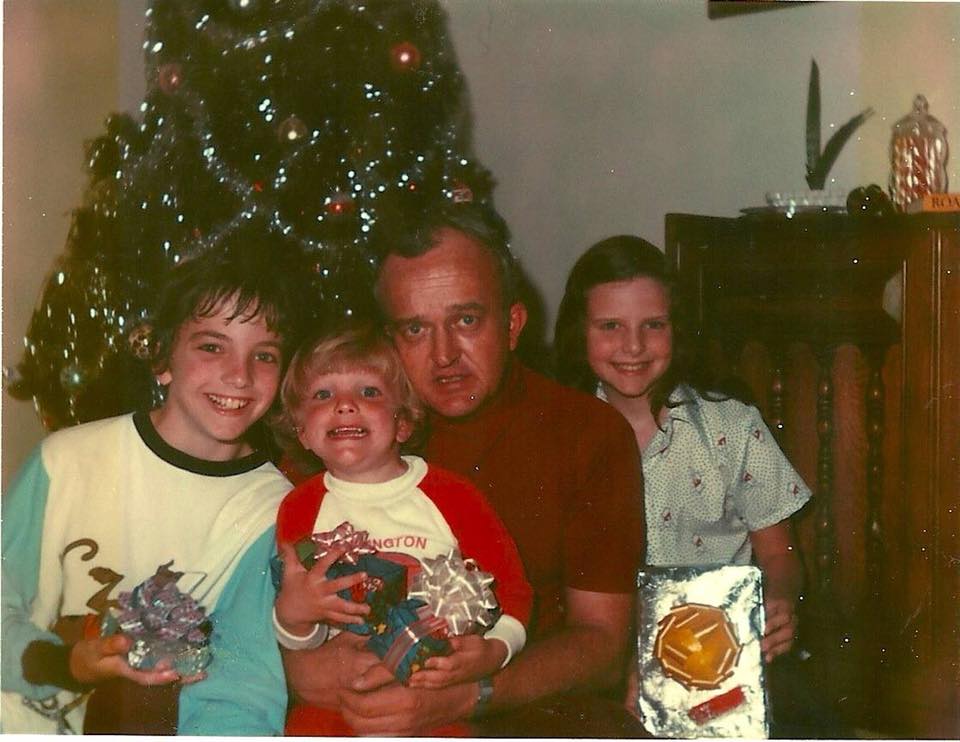I just know the handful of you who read this blog are dying to know what I’ve been reading this first half of 2018! Below is a list (beginning with most recent read) along with a brief review of each (star rating is based on a maximum of 5 stars)
1. The Bassoon King: My Life in Art, Faith and Idiocy by Rainn Wilson **** – A surprisingly poignant and balanced book by the actor who brought Dwight K Schrute (of The Office) to life. As you read Rainn’s story, you realize how much we are shaped by our parents and by how much we need to belong, have purpose/meaning and how critical it is that our lives are lived on truth. Some of this is learned by Rainn’s story, but much is learned by realizing where Rainn has built on the relativism of “everybody having their own truth.”
Much more than a “here’s how I became a successful actor,” this is an very educational read on human need and the importance of how we are impacted by, and can be of positive impact to, others. I’d give it 5 stars but Rainn essentially ends his story when he comes to LA at the age of 34 and subsequently begins to list his acting and philanthropic endeavors. There’s nothing wrong with that, but it leaves one wishing he told the subsequent 18 years as vulnerably as he did the first.
2. Founding Rivals: Madison vs Monroe, The Bill of Rights and the Election That Saved a Nation by Chris DeRose ***1/2 – A lively and interesting look at the lives and friendship of James Madison and James Monroe and how they individually and through their friendship and rivalry contributed to the establishment of our nation from the time of the Revolution through the Constitutional Convention and the First Congress under the new Constitution. The author claims the election of 1789 for the House of Representatives (the first under the new Constitution) from VA’s 5thDistrict (in which Madison and Monroe ran against each other) ensured the survival of the nation under the Constitution resulting in the creation of the Bill of Rights and the ratification of the Constitution by every remaining state – thus preventing the calling of a second constitution convention which likely would have done great damage to, if not the undoing of, the union. Mr. DeRose makes a very credible case for this argument while also providing interesting facts and details of which I was not previously aware. A great and light read for those who love U.S. History as well as one which provides meaningful insights from time-to-time.
3. To Change the Church (Pope Francis and the Future of Catholicism) by Russ Douthat **** – An excellent look at the struggle for truth within the Catholic church. In particular, though Douthat doesn’t use this term, it is a struggle against eisegesis which many priests, bishops and ultimately Francis (at least in part) have been employing over the last several years. His examination of this struggle and its potential consequences have striking parallels (and potential consequences) for evangelical churches as it already has for mainline Protestant churches. In addition, Douthat provides an excellent summary of Catholic church history, particularly how the Vatican II council came about, what the Vatican II council brought about, and its ramifications to the present day which is critical in understanding how the current state of the church has been brought about. The initial dividing line which Douthat highlights in this struggle for truth and the church’s call to stand for it, is the debate over remarried couples participating in communion. While the Catholic church admirably argues for the sanctity and sacrament of marriage, it fails to acknowledge and apply the doctrine of repentance and forgiveness which is central to Christ’s mission and thus reveals a church which also struggles with rigidity and the appropriate application of grace and mercy. Douthat doesn’t explicitly bring this out in his writing, but it is glaringly obvious. Douthat employs a masterful writing technique in expounding the arguments of “liberal” and “conservative” viewpoints, and one must be mindful that he is employing this technique lest one think he is endorsing the liberal (eisegetic) view.
I highly recommend this book as, for the discerning reader, it highlights the critical struggle going on in the Catholic and evangelical churches for truth. The church can’t be the effective body of Christ functioning as Christ’s ambassador and light if it simply seeks to accommodate the modern view that “everyone has their own truth”. It cannot be a mere puppet for never-ending and always-changing relativistic views that seek to justify worldly wisdom, vanity and mores in place of God’s design and Jesus’ teaching. Douthat makes an excellent case for this, while also, perhaps inadvertently, highlighting the need for true and faithful application of grace and mercy in the context of truth.
4. Helena by Evelyn Waugh **1/2 – Set in the time period of approx. 300 A.D., the book is intended as a didactic with the story of Helena, the mother of Constantine the Great, as the central (and searching) character. While the book is true to ancient history as we know it, the author fails to develop both plot and characters leaving the reader to wonder why certain events in the story happened and large gaps in time in the plot with no explanation of what happened in between. I’d heard much about this book and looked forward to reading it, but was left disappointed as the story felt incomplete.
5. The Storm of War (A New History of the Second World War) by Andrew Roberts *** – A solid history with emphasis on the Allies’ effort against Germany (only 2 of 18 chapters devoted to the Pacific War against Japan, one of those largely perfunctory). Solid analysis of why the Axis lost and several interesting notes on individuals in the war.
6. Reflections on the Christian Life by Anthony Esolen ***** – quite simply one of the two best, if not the best, devotional book I can recall reading. To call this book a devotional book is really incomplete and does not do the book justice. Mr. Esolen has crafted a wonderful book that brings out timeless truths in a way that enlightens as you meditate on what he has written, and, more importantly, the Scripture behind it and how it can help form the story that is your life. Buy it and read it – but not hurriedly. Truly read and meditate and think through the truths and their application to your life. I spent months doing just that and was highly rewarded!
7. Grant Takes Command by Bruce Catton ***1/2 – This is a highly readable, informative and enjoyable history (written in narrative style) of the end of Grant’s western campaign (the Battle of Chattanooga), how and why that led to his appt as General-in-Chief of the Union armies and his subsequent Overland Campaign of 1864-1865 which culminated in the Appomattox surrender of Lee. It also ably tells of the struggles Grant faced in getting the commanders of the Army of the Potomac correct (all of the corps commanders save Meade [who was essentially demoted as a result of Grant’s presence with the army] were replaced within a year) as well as how his overall strategy of coordinated movement of all armies in the field led to ultimate victory. Only drawback is the heavy geographic detail which can be confusing without constant reference to maps not provided by the book.
8. Lessons in Hope (My Unexpected Life with St John Paul II) by George Weigel ***1/2 – From preliminary reviews, I expected this book (by George Weigel, a writer whose works and articles are must reading for me) to be a series of vignettes which highlighted stories the author witnessed (or heard about from others) during his eyewitness times with Pope John Paul II. I also expected there to be lessons, if you will, in the hope that resulted from these stories as well as insights into John Paul’s character — what he valued, what “made him tick.”
This book, however,offers “biographical sketches” which show a fascinating and well-lived life. The author assumes his readership is very familiar with Catholicism, Catholic history and the Catholic church which can make some of the reading something of a slog for Protestants such as myself. However, ultimately, I gained a deeper understanding of the Catholic Church’s roots, its formation in the likeness of a nation, its bureaucratic shortcomings and, most enlightening, the contents of some historically important papal encyclicals. Of the greatest importance, however, the book offers a penetrating look into what many Catholic Church leaders thought of the pope and the inner workings of the church itself, particularly since Vatican II. It offers insights into John Paul’s thoughts on the relation of the gospel and religion to culture (it is foundational and without it culture decays and devolves) and the importance of objective truth (it is a necessary condition and understanding it/living by it essential to liberty), as well as what he viewed as challenges to be faced in the 21st century and how Christianity should prepare and offer answers. We also see a John Paul who continually sought God, whose relationship to God formed the core of his being and informed his purpose and peace in this life and resulted in a historically impacting pontificate.
The engaged and perceptive reader will find insights, truths and wisdom on the importance and potential impact of the gospel in history — both epochally (with the fall of Communism being the prime example) and in individual lives. And in finding these truths and their impacts, one finds indeed, a rich store of Lessons in Hope.
9. Always Right by Niall Ferguson ***** – Excellent summary book on Margaret Thatcher, her views, her actions and why they were so important to history. While I am not a Briton, all Britons should be grateful to God for her – for she, and those who worked alongside her, truly did save the United Kingdom from itself and its slide into irrevelance. She reminded the UK of her contributions to history and restored pride. And, of course, she was so important to world history in the victory of the Cold War. “She was the leader, proof that sometimes it really is a single individual who can change the course of history.”
10. Out of the Ashes (Rebuilding American Culture) by Anthony Esolen **** – a fascinating, challenging and convicting read. But beware, it is not for the faint of heart nor those easily offended. Dr. Esolen is a man of learning and conviction, and his tone and some of his thoughts on culture and divine truth will put off some. The author is largely accurate in his broad cultural analysis (if not always in the remedy, particularly regarding generalities on manhood and womanhood). The book has much to offer regarding , and boldly and accurately states, truth, beauty, education, God and man, how we rationalize evil and ugliness, and the need for ordinary people to be willing to resume the humanity that has often been lost (and how to do it). The last two chapters are classic and timeless!
11. Love Does (Discover a Secretly Incredible Life in an Ordinary World) by Bob Goff *** – At its best, and that is often, the author provides motivation to “put legs” on their faith. It is, in this sense, a series of modern day parables (though they differ in that they are based on his and other’s life experiences) that emphasize what the book of James emphasizes — namely “What use is it, my brothers, if someone says he has faith but he has no works? Can that faith save him? Even so faith, if it has no works, is dead, being by itself.”
At its “less than best,” there are places in which the book comes across as a Tony Robbins/Robert Kiyosaki “you can do it” motivational book with religious (though Mr Goff would not want anyone associating his book with “religion”) bromides and bumper sticker theology substituting for deep seeking of God. Example: “…[God] doesn’t pass us messages, instead He passes us each other.” “…our understanding will always have gaps and gaps are good because they leave room for God to fill in the spaces.”
12. Reagan at Reykjavik (Forty-eight Hours that Ended the Cold War) by Ken Adelman **** ½ – Deemed an abject failure at its conclusion in late 1986, the Reykjavik summit has since been realized to be the event in which the leaders of the USA (Reagan) and USSR (Gorbachev) “laid their cards on the table.” The result was an irrevocably altered understanding between the two leaders which resulted in the foundation and accelerator for the ending of the Cold War. Reykajvik was a summit like no other in the history of the Cold War.
The author, who was director of the Arms Control and Disarmament Agency (ACDA) from 1983-1987, was an active participant in the 1986 Reagan-Gorbachev summit at Reykjavik. He has crafted an excellent book which (even allowing for some minor contradictions and a style that sometimes brings confusion on chronology) covers the summit in vivid, but not excessive, detail and formulates well-supported conclusions of this historic summit.
Highly recommend for any serious student of history, and a must for those Cold War, Russian and/or later American history devotees.
13. Ronald Reagan & Margaret Thatcher: A Political Marriage by Nicholas Wapshott **** – an evenhanded overview of the Reagan-Thatcher partnership which proved so pivotal and impacting to their countries and to the world at large.
While not all of the author’s assessments are correct, the essentials are. He also provides the right amount of informative detail for an overview of arguably the most important political alliance of the 20th century and of two of the most important leaders of the same.
There you have it! On deck thus far in the 2nd half of the year:
- Reagan: The Life by H.W. Brands
- Leading a Worthy Life: Finding Meaning in Modern Times by Leon R. Kass
- Strangers in a Strange Land: Living the Catholic Faith in a Post-Modern World by Archbishop Charles J. Chaput
- Dictator: A Novel by Robert Harris
- The Divine Conspiracy: Rediscovering Our Hidden Life in God by Dallas Willard
- Not a Day Care: The Devasting Consequences of Abandoning Truth by Dr. Everett Piper







